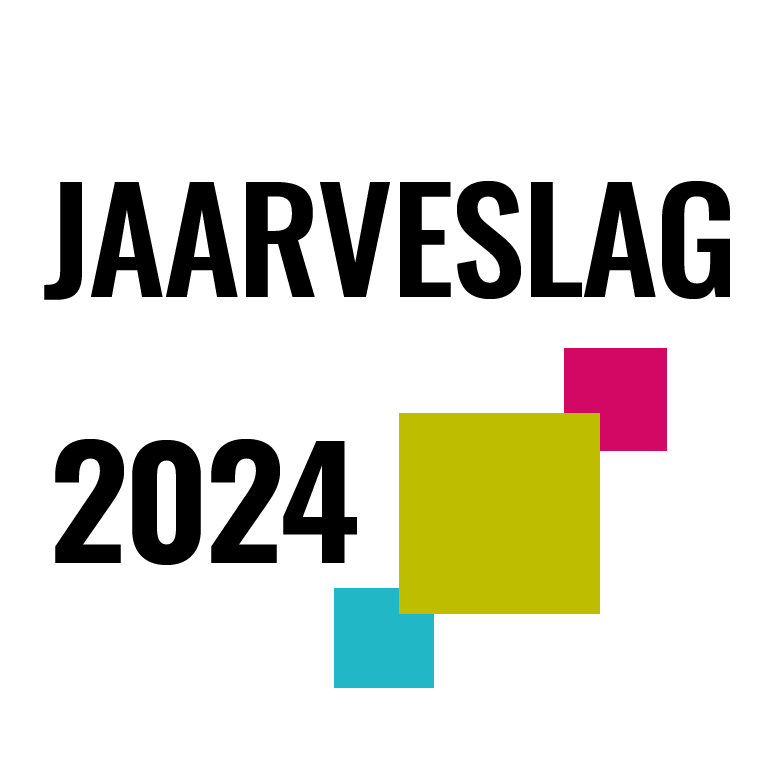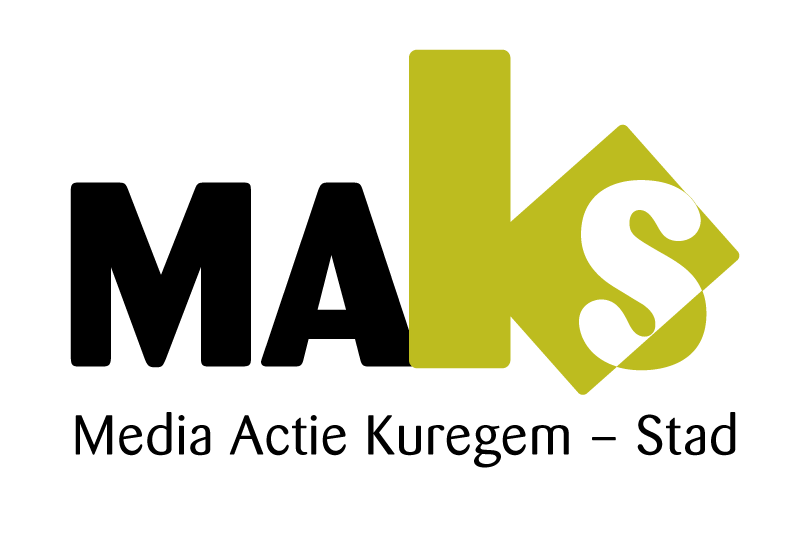MAKS conducts campaign

For the past year and a half, MAKS has been campaigning with thousands of citizens and hundreds of associations against Brussels’ draft digital ordinance. Initiated and coordinated by Lire et Écrire, this campaign is a cry from the ‘forgotten’ to the politicians: ‘We are not robots’. In other words, a human welcome is needed to give everyone easier access to services of general interest and effective social rights. Despite this mobilisation, a majority of Brussels deputies voted in favour of the Brussels Digital Ordinance on 12 January 2023. However, this served to sound the alarm and put the issue at the centre of public and political debate.
These anonymous and forgotten citizens who come together to make their voices heard are our target audience and, first and foremost, the most vulnerable. But there are also our parents or grandparents, our children, or my friend who doesn’t speak French, my sister who can’t write, or my aunt who is hard of hearing…. It is also us, health and social care workers, or civil servants, who are on the front line when it comes to the needs of citizens and the shortcomings of online services.
That’s why MAKS is working with residents and associations in Brussels to ensure that the 50% of the population who are numerically vulnerable are no longer forgotten. We are fighting for a more humane and inclusive society that does not limit access to essential services to online services alone.
When you are blocked on a platform or your digital skills do not allow you to connect to the internet independently, it is often difficult to get an appointment with someone who can help you. This situation leads to exclusion and an overload of support work for employees of associations or relatives (who have no training or resources for this work). This loss of autonomy makes people dependent on a third party for day-to-day contact with the CPAS, local authorities, banks, hospitals, schools, government departments, employers, etc. Local social workers are obliged to help their clients with online administrative procedures, to the detriment of their main social mission.
The number of walk-in services has increased dramatically since the COVID crisis, without any thought being given to the consequences. The responsibility for accessing the service lies de facto with the individual. The most vulnerable have only one option: to ask for help or not to use the service. Putting the service online without a sufficient alternative is a discrimination mechanism that accentuates inequality and exclusion. This is why we are calling for the possibility of telephone contact to be maintained in all services of general interest, and for an adequate network for walk-in services to provide human support in carrying out procedures.
We are also asking for a structural budget for a low-threshold reception facility offering access to computer equipment and an internet connection, including local human support and training opportunities.
